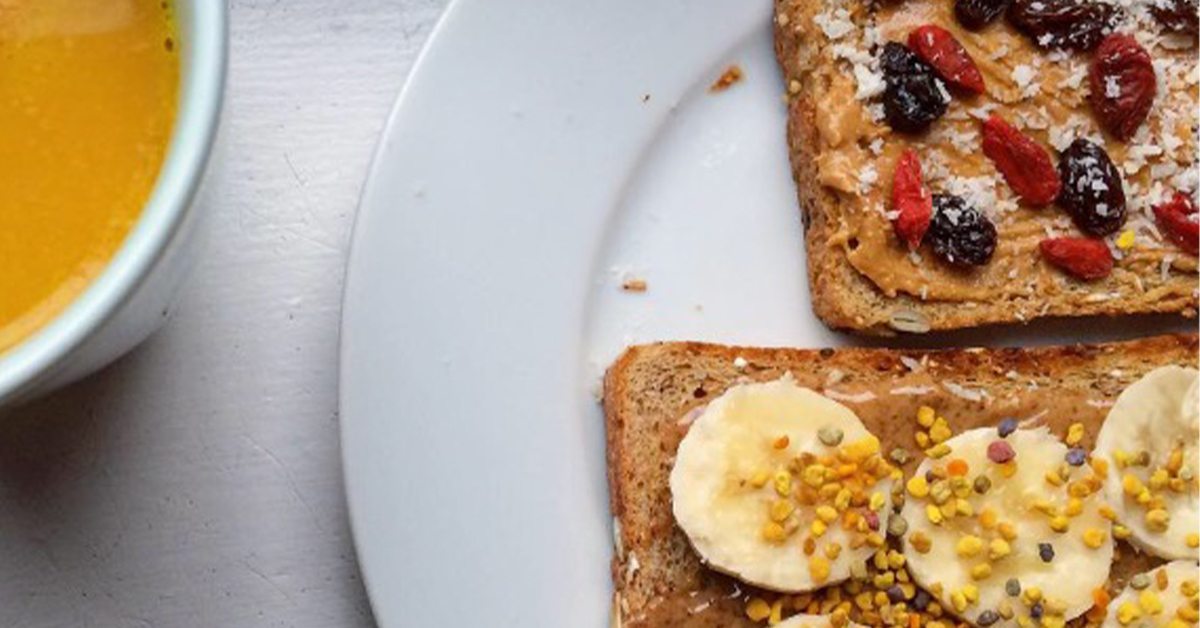
Do You Need to Eat Breakfast Even If You’re Not Hungry?
In most cases, eating breakfast is better than not eating it. If you’re at a healthy weight, have steady energy levels, and don’t currently eat breakfast, it may not be essential that you start. However, for most people, breakfast is a really healthful part of your overall diet. So the question remains, do you need to eat breakfast? Here are five important things to consider about eating breakfast in the morning.
- If you’re truly not hungry in the morning, ask yourself why. Many people who don’t eat breakfast tend to eat larger, more filling meals during evening hours. This could be the reason you’re not feeling hungry when it comes time for breakfast. When you eat larger portions of protein and/or fat at dinner you’ll feel full for longer, potentially leading to lack of appetite at breakfast. However, according to research, your body doesn’t utilize more than 30 grams of protein in one eating period. For this reason it’s ideal to spread your protein intake out evenly throughout the day, including having some at breakfast instead of all at one or two meals.
- Are you eating the right breakfast? We often hear people say that eating breakfast makes them hungrier the rest of the day. If this is something you’ve experienced, it could be because your breakfast isn’t quite balanced. It’s important that breakfast includes a combination of fiber-rich carbohydrates paired with protein and fat. This type of meal will keep you feeling satisfied instead of hungry an hour later. Examples include a sliced hard boiled egg and hummus on whole grain toast; peanut butter / almond butter and sliced fruit on whole grain toast; plain yogurt with fruit and nuts; and oats made with milk (dairy or nut-based) and topped with fruit and nuts. Also, hunger isn’t always a bad thing — if it’s happening every 3-5 hours throughout the day it can indicate you’re eating just the right amount at meals and snacks.
- Are you at a healthy weight? Research from the National Weight Control Registry has shown that people who lose weight and maintain the loss are more likely to be breakfast eaters. If you need to lose weight and are currently not eating breakfast, starting the day with a healthful balanced breakfast might help you reach your weight goals (and keep you there once you do).
- Are you fitting in the important nutrients? Take stock of what you typically eat in a day by jotting it down for a few days in a row. If you’re missing key nutrients or food groups, breakfast is a great way to complete the big picture. Fiber (from whole grains, fruits, and veggies), calcium (from dairy, non-dairy fortified milks, leafy greens), and fruits and veggies are often the nutrients and foods Americans aren’t getting enough of, and these can be easy to get at breakfast.
- Can you eat later in the morning? If eating something first thing when you wake up doesn’t feel right, try having a nutrition-rich mid-morning meal or snack instead. You’ll still have the benefit from getting in important nutrients, and gain energy from the mini-meal or snack, so you’re not starving come lunchtime.
- Are you starving by lunchtime? If you get to lunch feeling like you want to eat the first thing you see — and a whole lot of it — consider breakfast a buffer to lunch. You should arrive at lunch feeling hungry, but not so hungry it’s difficult to make a healthful choice.
Do you need to eat breakfast? What’s your favorite thing to eat?